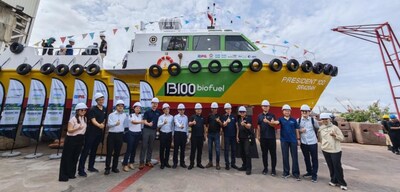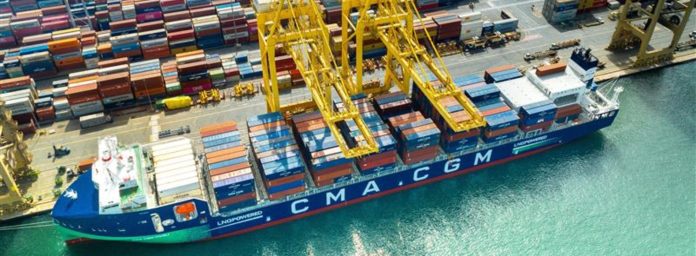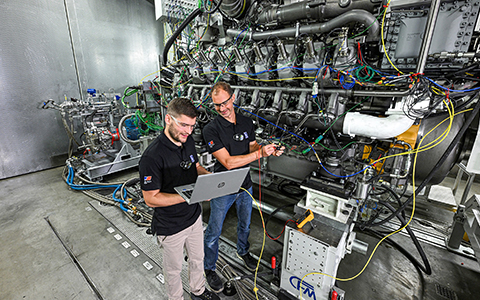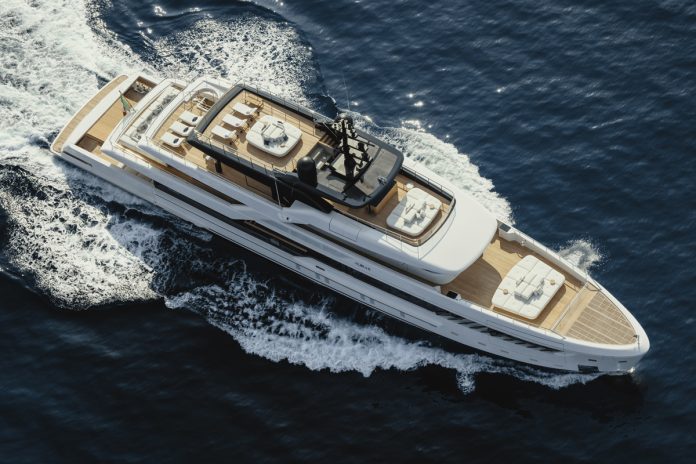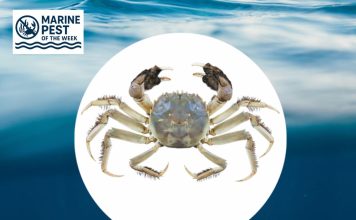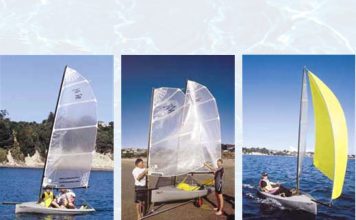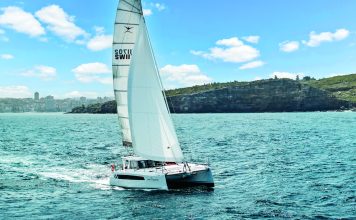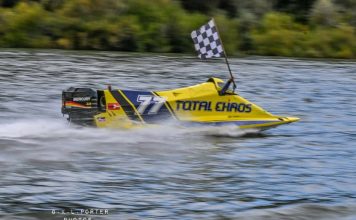A working model for marine biofuel
Singapore has taken a major step in maritime sustainability with the launch of President 100 — the nation’s first harbour ship powered entirely by 100% biodiesel (B100). Designed for operational testing in busy port conditions, the 16-metre vessel represents a practical shift toward low-emission alternatives using proven marine technology.
The President 100 is fitted with twin Weichai WP13C450-18BF engines and two CCFJ20J-W5BF generator sets, providing a fully integrated biodiesel-optimised propulsion and power system. It’s not just a concept. This vessel will operate under load in real-world harbour environments as part of a 1,000-hour continuous-use trial.
Collaboration behind the project
This biodiesel trial is the result of a cross-sector collaboration between Chinese engine giant Weichai, the China Classification Society (Singapore branch), Pinnacle Marine, and the Marine Energy and Sustainable Development Centre (MESD) at Nanyang Technological University.
Local builder Pinnacle Marine constructed the vessel, while the MESD centre will monitor data on engine performance, fuel efficiency, reliability, and emissions throughout the trial. The aim is to benchmark the viability of B100 in commercial port operations, including its impact on engine maintenance and refuelling logistics.
Why B100?
B100 biodiesel — made entirely from renewable sources such as plant oils and used cooking oil — is one of the few fuels that can be used in modified compression-ignition engines without blending. That makes it attractive for ports and short-range operators looking for near-term carbon reductions without major infrastructure change.
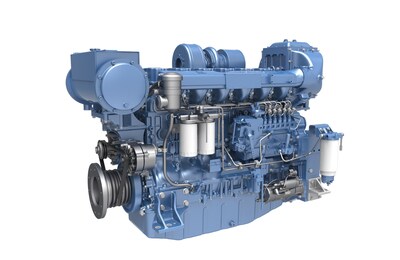
While not as energy-dense as petroleum diesel, B100 significantly reduces lifecycle greenhouse gas emissions and particulate matter. According to Weichai, its marine engines have been specifically optimised to maintain output and reliability when running exclusively on this cleaner fuel.
Setting a course for cleaner ports
Singapore’s decision to trial B100 at scale is a strategic one. As one of the world’s busiest ports and a global maritime hub, its adoption of alternative fuels will influence policy and infrastructure investment across the region.
A spokesperson for Weichai described the launch as “a turning point” for maritime decarbonisation.
“WE SEE B100 AS A SCALABLE, IMMEDIATE SOLUTION FOR PORT AND COASTAL OPERATORS,” THEY SAID. “THIS PROJECT PROVIDES NOT JUST TECHNICAL VALIDATION, BUT A FRAMEWORK FOR STANDARDS, REFUELLING, AND EMISSIONS BENCHMARKS GLOBALLY.”
The goal is to use data from the President 100 to inform Singapore’s broader maritime sustainability goals and create a reference model for biodiesel-powered vessels elsewhere in Asia and beyond.
Outlook: paving the green way forward
The marine sector faces mounting pressure to decarbonise, with IMO emissions targets pushing shipowners to look beyond LNG and scrubbers. Projects like President 100 offer a window into cleaner, cost-effective propulsion options — especially for near-shore and auxiliary vessels.
By building a real-world testbed, Singapore is helping move biodiesel beyond the lab and into everyday maritime operations. If the 1,000-hour trial delivers as expected, it could catalyse a wider rollout across workboats, pilot vessels, and eventually small-scale coastal shipping.
And for now, President 100 is more than just a green ship — it’s a sign that clean marine fuel is no longer an idea waiting for tomorrow.
Boating NZ and PRNewswire








